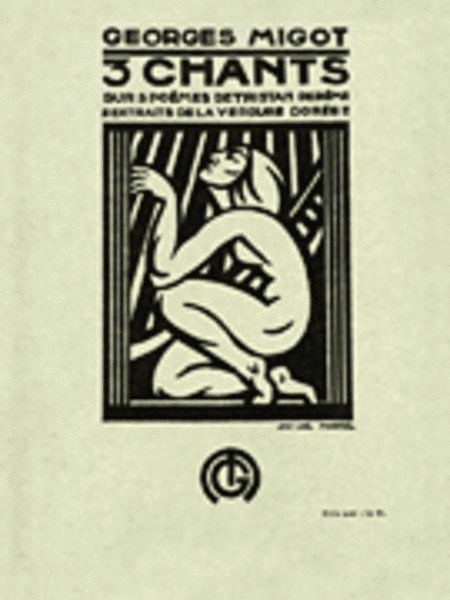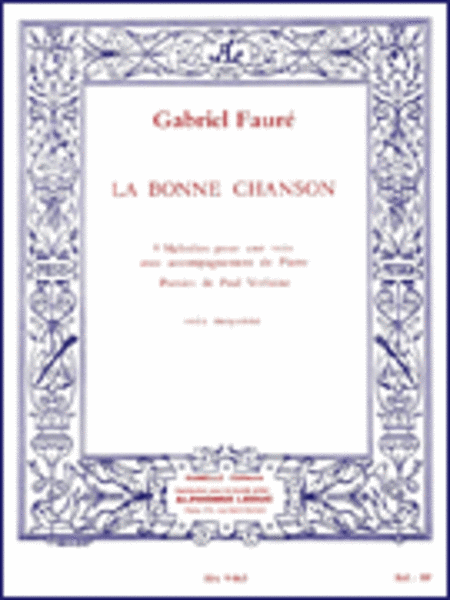Alphonse Allais (1854 - 1905)
 France
France
 France
FranceAlphonse Allais (20 October 1854 – 28 October 1905) was a French writer and humorist born in Honfleur, Calvados.
He is the author of many collections of whimsical writings. A poet as much as a humorist, he cultivated the verse form known as holorhyme, i.e. made up entirely of homophonous verses, where entire lines are pronounced the same. For example:
Par les bois du djinn où s'entasse de l'effroi,
Parle et bois du gin, ou cent tasses de lait froid.
Allais wrote the earliest known example ... (Read all)
Source : Wikipedia
He is the author of many collections of whimsical writings. A poet as much as a humorist, he cultivated the verse form known as holorhyme, i.e. made up entirely of homophonous verses, where entire lines are pronounced the same. For example:
Par les bois du djinn où s'entasse de l'effroi,
Parle et bois du gin, ou cent tasses de lait froid.
Allais wrote the earliest known example ... (Read all)
Source : Wikipedia
FREE SHEET MUSIC CELEBRATORY
-
Active criterias:
Search #Celebratory
| ||||||||||














 SHEET MUSIC
SHEET MUSIC